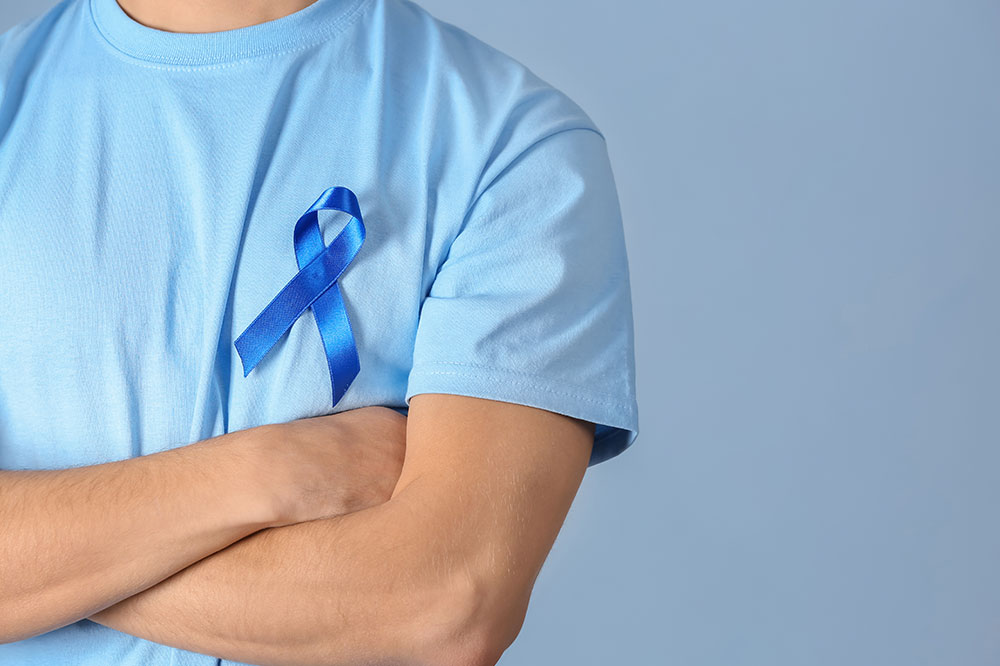
Prostate cancer – Signs, causes, and more
Prostate cancer is a kind of cancer that grows in the prostate gland, a small gland that produces fluid that nourishes and carries sperm cells. According to statistics from the American Cancer Society, about 1 in 8 males will be diagnosed with a possible prostate cancer at some point in their lives. The risk of developing this type of cancer increases with age, with most cases diagnosed in men over 65.
It is important to note that prostate cancer can also occur in younger men. Some forms of the cancer may be more aggressive in younger men. Therefore, it’s essential for all men, regardless of age, to be aware of the signs and symptoms of prostate cancer and to talk to their healthcare provider about screening options.
Signs and symptoms
In the initial stages, prostate cancer may not exhibit noticeable symptoms. However, as the tumor grows, one may experience the following signs and symptoms:
- Frequent urination, especially at night.
- Difficulty starting or stopping urination.
- Weak or interrupted urine flow.
- Pain or burning sensation during urination.
- Blood in the urine or semen.
- Pain and soreness in the hips, back, chest, or other areas due to cancer that has spread to other parts of the body.
Causes
The exact cause of prostate cancer is still unknown. However, it is considered to be caused by a combination of many genetic and environmental factors. Some risk factors that increase the likelihood of developing prostate cancer include:
- Age (prostate cancer is more common in men over 50).
- A family history of the condition.
Remedies
Prostate cancer treatment depends on the tumor’s stage and aggressiveness, as well as the patient’s overall health. Treatment options may include:
- Watchful waiting: If the cancer is small and slow-growing, doctors may recommend monitoring the tumor with regular checkups instead of immediate treatment.
- Surgery: In some cases, doctors also recommend surgery to remove the prostate gland. This is a standard treatment method.
- Radiation therapy: Radiation therapy, one of the common remedies, uses high-energy rays to eliminate cancer cells.
- Hormone therapy: Prostate cancer cells depend on testosterone to grow. Hormone therapy can block the production of testosterone, which can help slow the tumor’s growth.
- Chemotherapy: Chemotherapy, a well-known method, is a cancer treatment that directly kills cancer cells.
Foods that help treat prostate cancer
While no specific meal plan can cure prostate cancer, some foods may help slow the growth of the condition and improve overall health. These include:
- Fruits and vegetables: Fruits and vegetables are high in antioxidants and other nutrients that can help protect against cancer.
- Whole grains: Whole grains are a great addition to one’s meals as they contain high fiber, which can lower cancer risk.
- Fish: Fish is one of the best natural sources of Omega-3 fatty acids, with anti-inflammatory properties.
- Tomatoes: They contain lycopene, a nutrient that is known to lower the risk of prostate cancer.
- Green tea: Green tea is light and contains antioxidants that can help protect against cancer.
It is important to note that regular checkups are vital for detecting prostate cancer early, when treatment chances are better.




